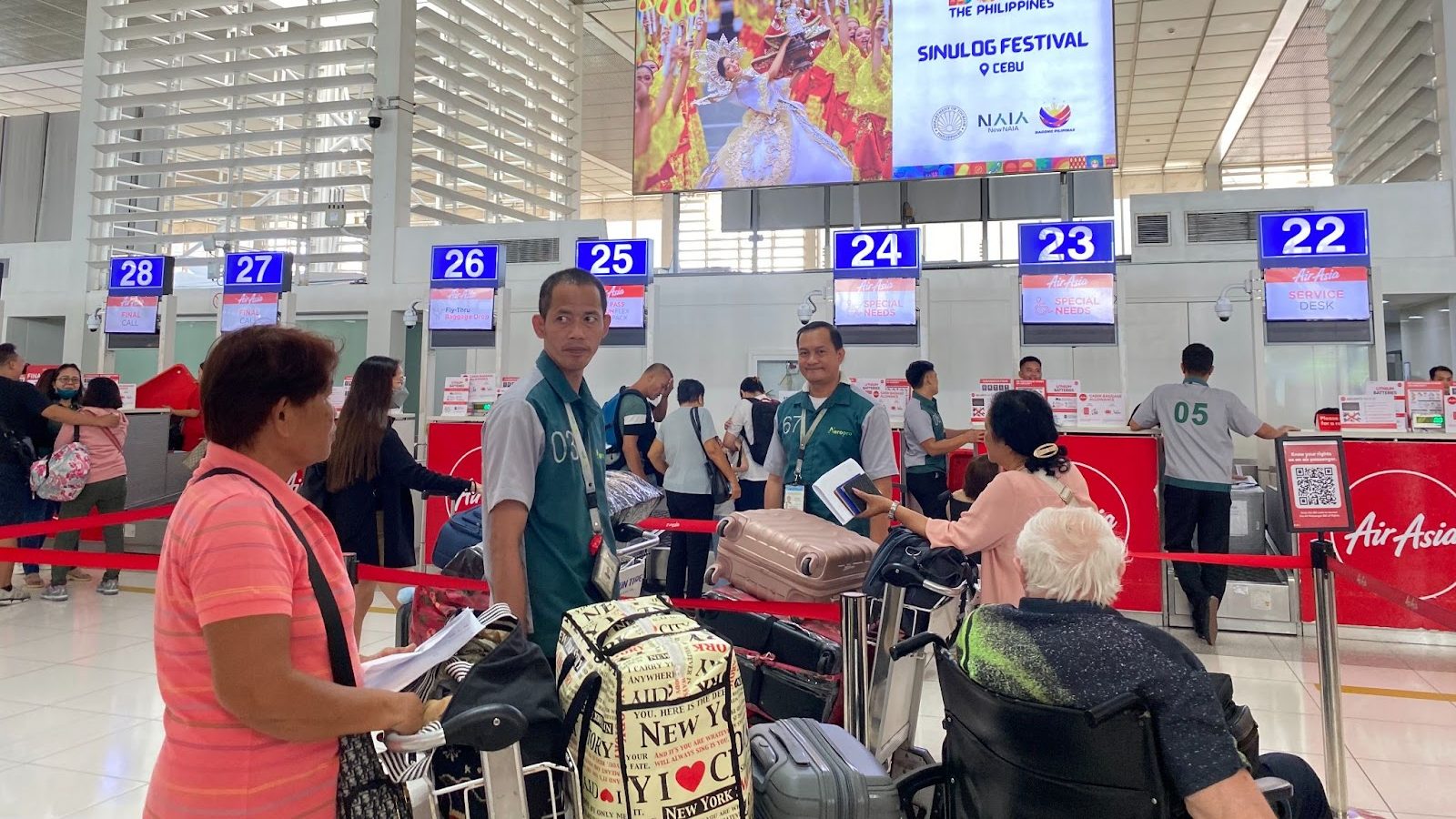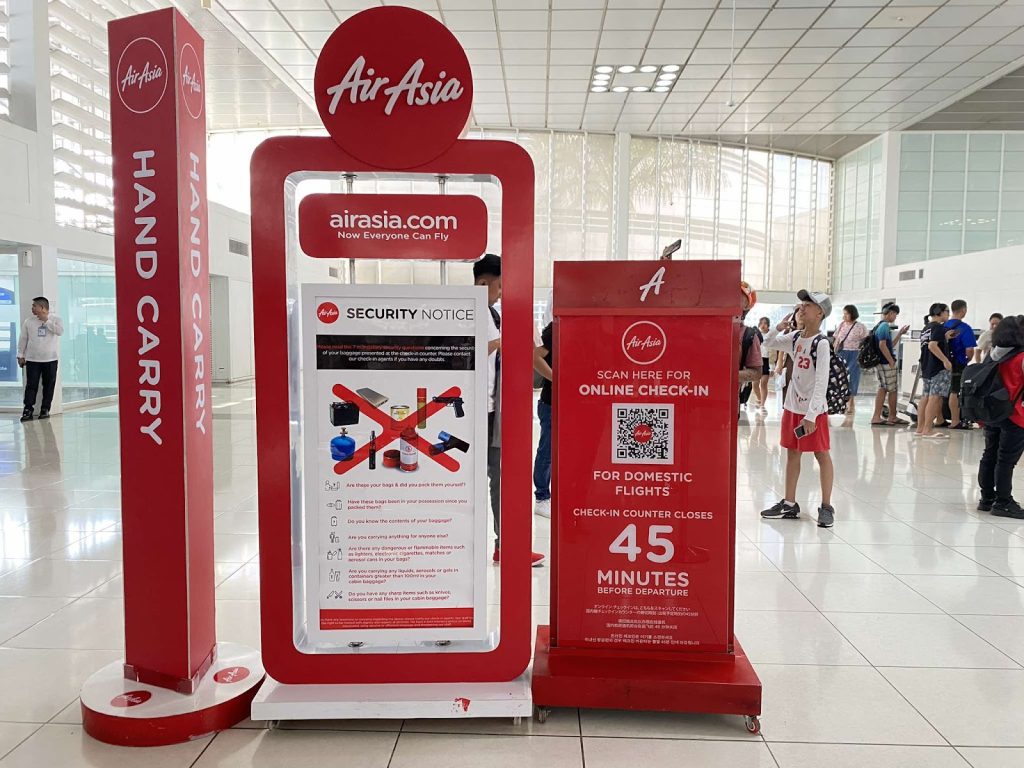
As the holiday season approaches, many Filipinos are preparing to bring home gifts and souvenirs for their loved ones and friends. To ensure a hassle-free journey, AirAsia Philippines reminds its guests to familiarize themselves with essential baggage guidelines to help avoid delays and ensure a seamless travel experience during the festive season.
“At AirAsia, we know how important it is for our kababayans to bring back those special gifts and memories as well as the concern that comes with baggage limits. That’s why we offer flexible baggage options so our guests can pack as many pasalubongs as they want, without any restrictions, as long as they adhere to guidelines” AirAsia Philippines Communications and Public Affairs Head First Officer Steve Dailisan shares.

Here are some important guidelines for specific items commonly inquired about at airports:
Smelly Fruits and Foods: Note that durian, jackfruit and any other pungent-smelling fruits are not allowed. However, certain items may be subject for approval depending on their weight, shape, size, or character.
Fresh or Frozen Seafood and Meats: Fresh or frozen seafood and other meats may be carried on board as hand luggage, provided they are properly packed following the airline’s standards. Only styrofoam and/or cooler boxes containing dry food/non-perishables are strictly allowed to be checked-in after inspection of contents by relevant authorities. If a guest refuses inspection, the airline has the right to reject admission of baggage;
Liquid, Aerosol and Gel: Liquids must be in containers of up to 100ml and fit into a transparent or resealable 1-litre plastic bag, which should be presented separately at security. Liquids not meeting these requirements may need to be disposed of.
Electronics, Gadgets, Valuable, and Fragile Goods: Passengers are strongly advised not to check in such items as baggage. If they are checked in, guests agree that such items will be carried at their own risk including money, jewellery, precious metals, silverware, electronic devices, computers, cameras, video equipment, negotiable papers, securities or other valuables, passports and other identification documents, title deeds, artifacts, manuscripts and the like.
Batteries (Lithium, Lithium Ion Cells, Batteries, and Spare Batteries):
- Cabin Baggage: Electronic devices like cameras, phones, laptops, and camcorders containing lithium or lithium-ion cells (between 100Wh and 160Wh) for personal use are allowed, while spare batteries, including power banks, must be carried in carry-on baggage and cannot exceed 100Wh.
- Checked Baggage: Portable electronic devices containing lithium metal or lithium ion cells or batteries are allowed in checked baggage EXCEPT e-cigarettes and self-balancing battery powered small vehicles (E.g: Electric Bicycle and Segway). Wheelchairs with batteries can be checked if prepared according to guidelines.
Musical Instruments: Instruments exceeding cabin baggage dimensions (but within 75kg) may be carried in the cabin if a separate seat is purchased. No baggage allowance is associated with this seat.
Baggage Policy
- Unchecked Baggage: Passengers (except infants) may carry two (2) pieces of unchecked baggage, including a cabin bag, laptop bag, handbag, or small bag. The total weight must not exceed 7kg.
- Dimensions:
- Cabin bag: 56cm x 36cm x 23cm
- Additional small bag: 30cm x 40cm x 10cm
- Must fit under the seat or in overhead storage.
- Dimensions:
- Checked Baggage: Passengers may purchase one checked bag per booking, with a total weight allowance of up to 60 kg. Each bag must not exceed 32 kg, and for health and safety reasons, individual items over 32 kg will not be accepted.
For the complete list , please refer to the Z2 Terms and Conditions
Guests are advised to pre-check their baggage and use the AirAsia Move app to review baggage policies and conveniently purchase additional allowances if necessary.